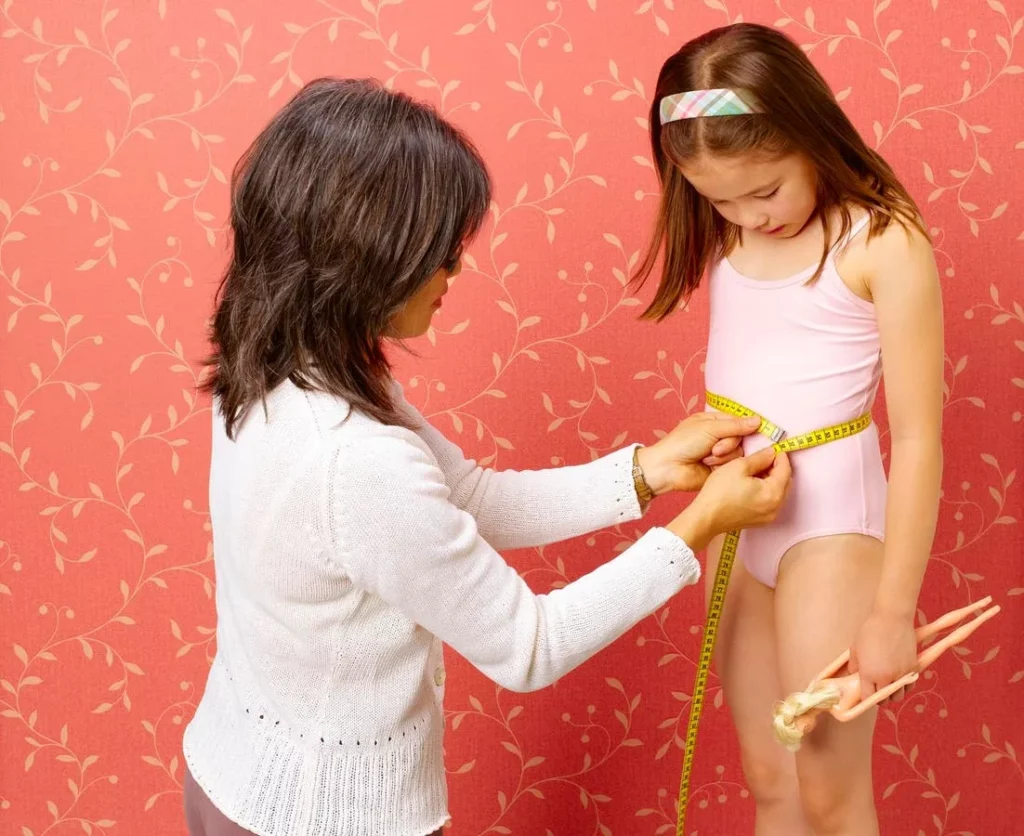
Title: 3 Emotional Scars A Narcissist’s Child May Carry — By A Psychologist
As a psychologist, I have seen firsthand the devastating impact of narcissistic parenting on children. It’s crucial to recognize that not all children with narcissistic parental figures grow up the same. Instead, it’s essential to understand that the roles assigned to them by their parents can have long-lasting and profound effects on their emotional development.
Children require their primary caregivers to fulfill basic emotional needs, such as feeling seen and valued, being accepted for who they are, and believing in their ability to succeed. Unfortunately, a narcissistic parent is more focused on appearances and admiration from others than providing healthy emotional care to their children. As a result, the child may adopt certain roles to cope with this exhausting upbringing.
Three prominent roles that narcissist’s children might end up playing include:
1. The Golden Child
The golden child is often the favored one, reflecting their parent’s idealized self-image. This child must conform, perform, and never question authority to maintain approval from their parent. They are forced to shape themselves around what others expect, leading to struggles with perfectionism, anxiety, impostor syndrome, or difficulty forming an authentic identity.
2. The Scapegoat
The scapegoat role is where the child absorbs everything the golden child does not. This tendency helps the family system survive but comes at a cost to their emotional development. They become the target of blame, criticism, and emotional projection from their parents. These children may also internalize the belief that their feelings and thoughts don’t matter.
3. The Lost Child
The lost child is emotionally neglected and often forgotten by their parents. They are not praised or blamed but instead overlooked, leading to profound disconnection from their sense of self. They struggle with emotional intimacy, decision-making, and assertiveness due to a lack of attention and validation. These children may underestimate their worth while being deeply affected by criticism or rejection.
It’s essential to recognize that these roles can lead to emotional abuse and neglect. Children who hold one or more of these roles often struggle with self-esteem issues, which can manifest differently depending on whether they seek help or distance themselves from their parents.
Understanding the dynamics of narcissistic parenting can help break generational cycles. Awareness and self-work are the first steps toward healing.
Source: www.forbes.com


